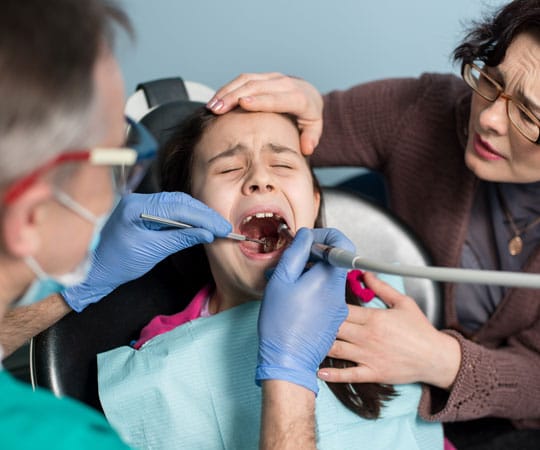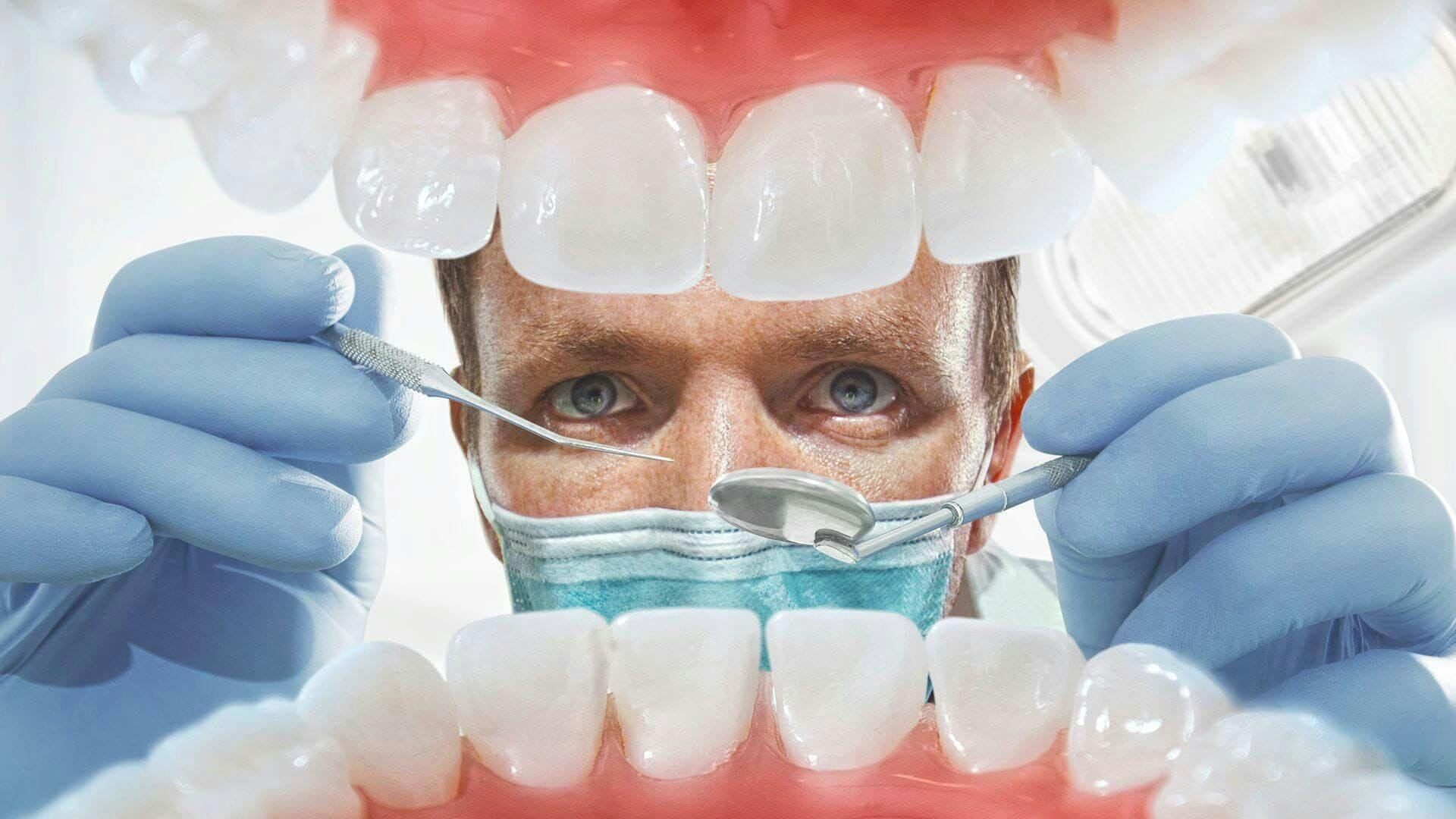What to Get out of an Emergency Dentist Springfield Oregon Citizens Recommend
What to Get out of an Emergency Dentist Springfield Oregon Citizens Recommend
Blog Article
Emergency Dental Solutions Offer Immediate Relief and Treatment for Urgent Circumstances
In times of dental distress, access to emergency oral solutions comes to be crucial, supplying immediate alleviation and treatment for important scenarios such as extreme toothaches, avulsed teeth, and soft tissue injuries. These services not just give quick discomfort relief but also prevent more issues that might endanger oral wellness. With a variety of treatment options consisting of origin canals, dental bonding, and infection monitoring, emergency oral treatment plays an important role in recovering feature and guaranteeing optimal recuperation. Comprehending the range and significance of these services can dramatically affect one's approach to oral emergencies. What precisely constitutes an oral emergency, and when should one look for immediate treatment?
Sorts Of Dental Emergencies
Types of Dental Emergency Situations
Understanding the numerous types of dental emergency situations is important for both patients and health care service providers. Oral emergencies include a wide variety of problems, each calling for particular focus to avoid more complications.
One more prevalent emergency is a knocked-out tooth, usually resulting from trauma. Immediate action, such as maintaining the tooth in milk or saline and seeking timely oral treatment, can considerably improve the opportunities of effective reimplantation. Chipped or fractured teeth require immediate examination to determine the degree of damages and proper restorative procedures - dentists springfield oregon.
In addition, soft tissue injuries within the mouth, such as slits or lacerations, demand instant clinical focus to regulate bleeding and minimize the threat of infection. Damaged oral reconstructions, consisting of fillings or crowns, also constitute emergencies, as they can lead and subject sensitive tissues to further wear and tear.
Timely identification and intervention in these scenarios are critical. Recognizing these kinds of dental emergencies enables healthcare service providers to supply optimized treatment and outfits individuals with the understanding to seek timely help.
Immediate Discomfort Alleviation Options
When confronted with a dental emergency, immediate discomfort alleviation choices can be important in managing pain and maintaining the problem before expert care is offered. Over the counter analgesics, such as advil or acetaminophen, are usually advised to ease pain and reduce swelling. It is essential to follow the labeled dose instructions to stay clear of prospective adverse effects. Additionally, using a cold compress to the damaged location can help numb the discomfort and minimize swelling. This method is specifically efficient for injuries such as a severe tooth pain or a knocked-out tooth.
Washing the mouth with warm seawater can additionally offer short-lived relief by lowering bacteria and calming aggravated gums. This basic solution can be made by mixing one tsp of salt with a mug of warm water. In situations where a tooth is damaged or fractured, dental wax or sugarless periodontal can be utilized to cover sharp sides and protect the surrounding tissue from additional injury.
While these measures can use short-term alleviation, it is crucial to look for specialist dental treatment quickly to attend to the hidden issue. dentists in springfield oregon. Ignoring a dental emergency can lead to a lot more serious difficulties, making prompt treatment essential
Treatment Procedures Available
Different treatment procedures are available for attending to oral emergency situations, each tailored to the certain nature and intensity of the problem. As an examples of severe tooth pain, root canal therapy might be necessary to remove infected pulp and protect the tooth. In scenarios including a fractured or busted tooth, oral bonding or crowns can be used to bring back the tooth's structure and feature. Avulsed (knocked-out) teeth call for punctual reimplantation and may involve splinting the tooth to surrounding teeth to maintain it during the healing procedure.

For clients experiencing extreme dental injury, such as jaw fractures, comprehensive therapy plans commonly involve cooperation with oral doctors to deal with both immediate and long-lasting demands. Emergency oral services are furnished with the necessary tools and expertise to supply swift, effective interventions, therefore minimizing pain and avoiding additional complications.
## When to Seek Emergency Situation Care

An additional crucial circumstance consists of trauma to the mouth, such as cracked, fractured, or knocked-out teeth. Timeliness is crucial in these instances, as quick action can commonly conserve the tooth and minimize long-lasting damages. In addition, swelling of the periodontals, face, or neck, specifically when accompanied by fever or problem swallowing, requires emergency situation treatment as a result of the risk of spreading infection.
Uncontrolled bleeding from the mouth, whether because of an injury or complying with an oral treatment, is another sign that immediate professional intervention is required. Lastly, lost dental remediations, such as crowns or dental fillings, can subject delicate locations of the tooth, leading to discomfort and more degeneration otherwise without delay resolved.
Immediately acknowledging these indications and seeking emergency oral treatment can substantially affect the outcome, ensuring both prompt alleviation and the preservation of oral wellness.